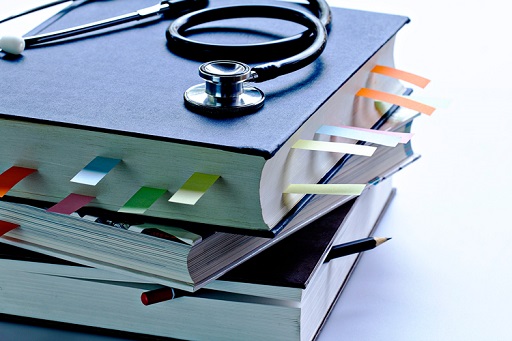PHYSIOLOGY OF THE LIVER ::(part 01)
Liver is the lever of body mechanisms in one sense because it synthesises secretes excretes stores generates metabolises protects and detoxicates various substances it is the key to the health of the human body if more than half of the liver is destroyed the person gradually dies this shows the importance of liver in sustaining human life various functions of liver are as follows :
1.Carbohydrate Metabolism :
1.All monosaccharides are converted into glucose in the liver .
2..Lactic acid pyruvic acid and glycerol are converted to glucose and glycogen in the liver
3.the liver actively participates in blood glucose regulation
4. The liver is the seat for glycogenesis (formation of glycogen from glucose) and glycogenolysis (destruction of glycogen to glucose )when there is hypoglycaemia
5.The liver is the centre for neoglycogensis (formation of glycogen from the sources other than carbohydrate especially from proteins and fats)
6.Synthesis of fat from carbohydrates also takes place in the liver
2.protein Metabolism::
1.The Liver is the center for deamination of amino acids.
2.Urea and uric acid formation occurs exclusively in the liver
3.Amino acids are synthesised in the liver
4.Manufacture of plasma proteins occurs in the liver
5.The liver also generates heat by Specific Dynamic Action (SDA) of proteins
3 Fat Metabolism::
1.Fats are synthesised and stored in the liver
2. Oxidisation of fats by beta oxidation takes place in the liver
3.Fats are also synthesed from proteins and carbohydrates in the liver
4.The liver is the centre for formation of ketones



0 Comments